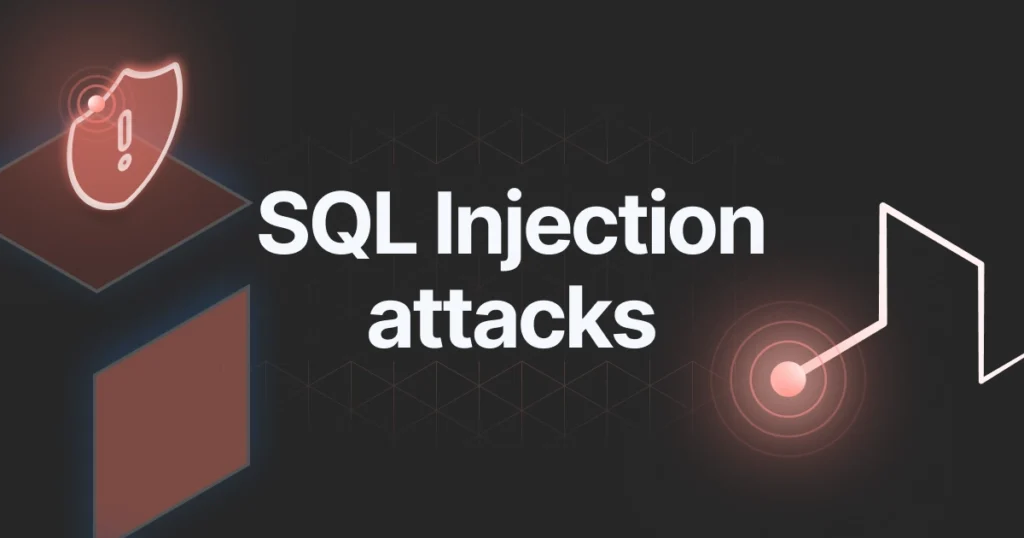Introduction
In modern warfare, cyber attacks have become as dangerous as missiles and bombs. Whether targeting a nation’s critical infrastructure, stealing confidential data, or disrupting communications, cyber warfare can cause widespread damage and panic. Understanding how to stay safe during cyber attacks, especially in times of war, is now essential for both individuals and organizations.
What is a Cyber Attack in the Context of War?
A cyber attack during war refers to deliberate digital attacks on national or civilian infrastructure, military systems, communication networks, or financial institutions. These attacks are launched by state-sponsored groups, hackers, or hostile entities to cause disruption, steal intelligence, or create fear.
🔗 Read More on Cyber Warfare – CISA
Types of Cyber Attacks During War
- Distributed Denial of Service (DDoS): Overwhelms servers and websites, making them inaccessible.
- Malware Attacks: Infect systems with malicious software to steal or destroy data.
- Ransomware: Locks down systems and demands payment to regain access.
- Phishing Scams: Tricks users into giving away passwords or sensitive information.
- Infrastructure Attacks: Targets power grids, water systems, or communication networks.
How to Stay Safe During a Cyber Attack in War
1. Secure Your Devices and Network
- Use strong, unique passwords for all accounts. Change them regularly.
- Install reputable antivirus and anti-malware software. Keep it updated.
- Enable firewalls on routers and devices.
- Avoid public Wi-Fi for critical communication.
🔗 National Cyber Security Centre – Device Protection
2. Backup Your Data
- Keep multiple backups of important documents (local and cloud-based).
- Use encrypted storage devices or secure cloud platforms.
- Ensure auto-backup features are enabled on phones and computers.
3. Stay Informed from Official Sources
- Follow government alerts and cyber warnings from trusted organizations like:
- Don’t trust random social media messages or unverified news sources.
4. Update Software and Systems Regularly
- Keep operating systems, apps, browsers, and plugins updated.
- Turn on automatic updates to patch security vulnerabilities promptly.
5. Be Cautious of Emails and Links
- Avoid opening suspicious or unexpected emails.
- Don’t click on links or download attachments from unknown sources.
- Verify sender authenticity, especially if the email seems urgent or emotional.
6. Use Multi-Factor Authentication (MFA)
- Enable MFA for all sensitive accounts (email, banking, government portals).
- Even if passwords are stolen, attackers can’t access your accounts without a second verification step.
7. Monitor Financial and Personal Accounts
- Regularly check bank, credit, and online accounts for unusual activity.
- Report any suspicious transactions or identity theft attempts to authorities.
8. Disconnect During a Confirmed Cyber Breach
- If you suspect an attack, disconnect from the internet immediately.
- Power down affected devices and isolate them from the network.
- Report the issue to your IT team, local CERT (Computer Emergency Response Team), or cybersecurity agency.
9. Prepare an Emergency Digital Safety Kit
- Include:
- Backup power sources for routers and devices.
- A printed list of important contacts.
- Offline copies of essential documents.
- Alternate communication methods like shortwave radios or satellite phones.
10. For Organizations: Build a Cybersecurity Incident Response Plan
- Appoint a cyber response team.
- Run cyber attack drills periodically.
- Ensure all employees are trained on basic cybersecurity practices.
🔗 TechsterTech Cybersecurity Solutions – Protect your business infrastructure with robust IT and cyber defense services.
Conclusion
In the age of digital warfare, cybersecurity is national security. Whether you’re an individual, a business, or part of a government agency, being prepared can reduce the impact of cyber threats during wartime. Stay alert, stay informed, and take proactive steps to protect your data and devices.
Promotional Note
Need help setting up a secure online environment or strengthening your digital systems against cyber threats? Contact TechsterTech, your trusted IT and cybersecurity partner. We offer custom website security, disaster recovery, and digital consulting services tailored for high-risk environments.


